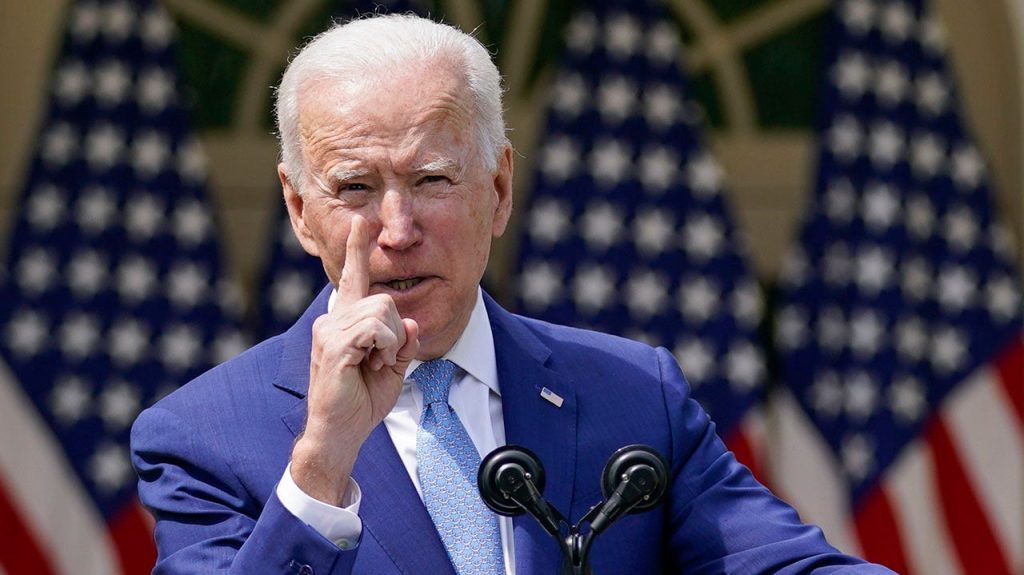President Biden’s assertion of executive privilege to withhold audio recordings of his interviews with Special Counsel Robert Hur has sparked controversy among legal experts. The White House confirmed that Biden asserted executive privilege over the recordings at the request of Attorney General Merrick Garland. Some experts view this decision as strictly political and problematic, as executive privilege is meant to protect confidential conversations between a president and advisers, rather than hide potentially embarrassing information. While the transcript of the interview has been released, the decision to withhold the recordings has raised concerns about Biden’s demeanor and responses to Hur’s questions given previous questions about his mental acuity.
Hur led an investigation into Biden’s handling of classified documents following his time as vice president under the Obama administration. Despite Hur’s conclusion that criminal charges would not be recommended due to Biden’s age and memory issues, House Republicans have pushed for the release of the tapes and even threatened to hold Garland in contempt of Congress if they were not provided. The Department of Justice has defended the decision not to release the materials, citing executive privilege and asserting that an official who claims executive privilege cannot be prosecuted for contempt of Congress. President Biden has faced criticism for using executive privilege to withhold the recordings, with some experts questioning the legitimacy of this decision.
Following the Justice Department’s refusal to turn over the materials, House Republicans have advanced a resolution that would hold Garland in contempt despite the executive privilege assertions. Some legal experts believe that the administration is using Garland as a shield to avoid further scrutiny, as the privilege claim may not have a strong legal basis. Former official John Shu pointed out that the release of the transcript removes any national security concerns, and Congress has a legitimate right to request the recordings for accuracy and context. Meanwhile, former federal prosecutor Andy McCarthy characterized Biden’s privilege assertion as a political move to avoid potential embarrassment rather than a legitimate legal decision.
McCarthy suggested that Biden may be prioritizing political concerns over legal obligations by withholding the recordings, as their release could be damaging to him. While Republicans may have a difficult time challenging the privilege assertions in court, the decision to withhold the recordings is seen as motivated by political considerations rather than legal justifications. The debate over the use of executive privilege in this case continues, with critics questioning the administration’s transparency and commitment to accountability. The controversy surrounding Biden’s assertion of executive privilege highlights ongoing tensions between the executive branch and Congress over access to information and oversight responsibilities.


